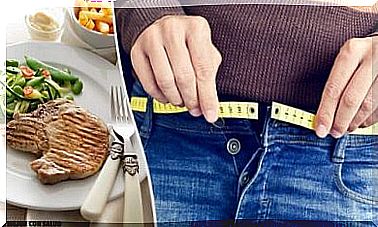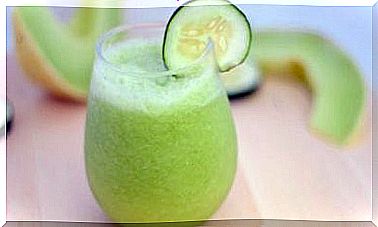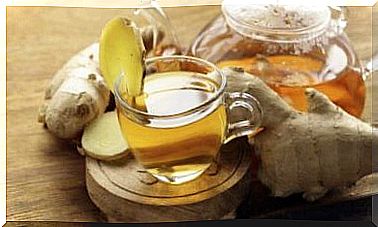Probiotics And Prebiotics – Some Useful Information
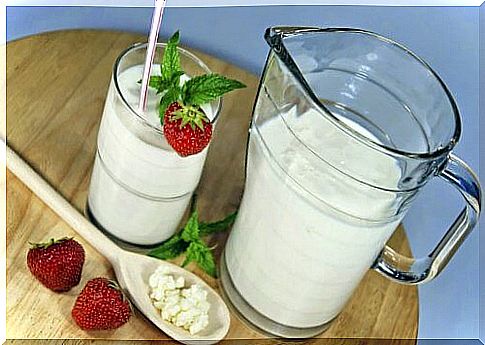
Although many people tend to confuse them, probiotics and prebiotics are not identical, and each of them offers distinct benefits. But what cannot be denied is the fact that both types of food are essential to maintain our daily health.
Probiotics and prebiotics improve digestive function and strengthen the immune system, helping the body fight infections and other diseases.
Read on to find out the most important information about probiotic and prebiotic foods.
Probiotics and prebiotics are different
Surely you have already seen hundreds of ads that promote all kinds of yogurts enriched with “beneficial bacteria”. Foods that contain this type of bacteria are probiotics, including plain yogurt, kefir, sauerkraut and miso soup. All these foods strengthen the intestinal flora.
But what are prebiotics? Do they also offer “beneficial bacteria” or do they provide us with other benefits? Here is the truth:
Probiotics
According to the World Health Organization (WHO), probiotics are living microorganisms that, when administered in optimal amounts, are beneficial to health.
Basically, probiotics are those intestinal bacteria that support gastric acids and natural enzymes necessary for proper digestion. It is advisable to consume organic probiotics, in their natural state.
Surely the thought that your digestive system is “colonized” by all sorts of bacteria seems scary to you. These microorganisms make up the intestinal microbiota and, in addition to being essential for our health, they are affected by all the foods we eat.
Stress, certain diseases and many medications can also affect the gut microbiota.
Beneficial microorganisms located in the intestinal mucosa play an important role in the immune system. Specifically, they prevent the development of pathogens.
Consumption of probiotic foods, such as fermented milk products, helps the body protect itself against several diseases. The term “fermented” is very important when it comes to dairy consumption, as natural milk can adversely affect the intestinal flora, especially if the person consuming it suffers from lactose intolerance.
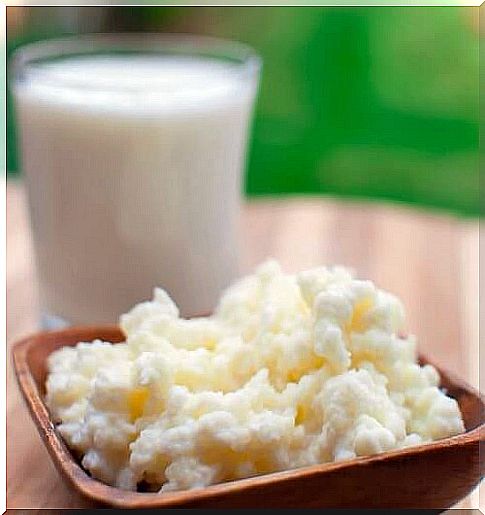
Prebiotics
Prebiotics are a type of carbohydrate that acts as a support layer for probiotics. In other words, prebiotics are components that the intestines cannot digest and that form a structural basis that supports the beneficial microorganisms that make up the intestinal flora.
The role of prebiotics is to stimulate the immune system, promoting the development of beneficial bacteria in the intestines and preventing the development of pathogens.
Prebiotics facilitate the absorption of certain minerals, such as calcium and magnesium. They also reduce intestinal gas and promote intestinal circulation. Last but not least, prebiotics fight constipation and inflammatory bowel disease.
What are the best probiotic foods?
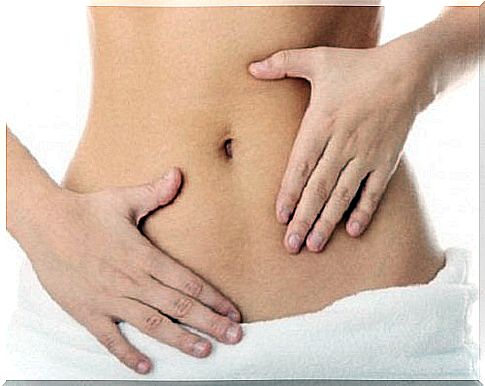
kefir
- Kefir is fermented cow’s or goat’s milk. Due to the fermentation process that reduces the amount of sugar in milk, the taste of this food is acidic and its texture is good.
- Kefir can be consumed both as a liquid and as granules. It is advisable to eat kefir for breakfast.
- Kefir is one of the foods richest in microorganisms capable of strengthening and caring for intestinal health.
- If consumed regularly, kefir eliminates pathogens from the intestines, which can cause gastroenteritis.
Pickled cabbage
- After kefir, sauerkraut is the most beneficial food for the intestinal flora.
- Pickled cabbage is fermented cabbage, rich in lactobacilli and Bifidobacterium .
- In addition to improving the health of bacteria in the intestines, sauerkraut stabilizes the pH of the small intestine, protects digestion and stimulates the absorption of nutrients.
- Fermented cabbage is rich in vitamins A, B1, B2 and C and minerals such as iron, calcium, phosphorus and magnesium.
Probiotics can also be obtained from the following foods:
- Greek yogurt
- Supa miso
- Kombucha
- Olives
- Black chocolate
What are the best prebiotic foods?
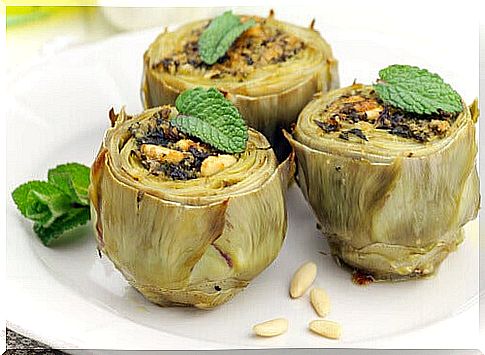
Artichokes
Artichokes are very beneficial for the liver and, in addition, are one of the most beneficial prebiotic foods available. In fact, artichokes are made up of inulin (one of the most common prebiotics) in a proportion of 3-20%.
chicory
After artichokes, the richest food in prebiotic components such as inulin is chicory. You can buy it from any plafar and include it in various preparations or infusions.
Garlic
About 15% of the composition of garlic consists of inulin. To enjoy the benefits of this food, we advise you to drink a glass of water with fresh garlic juice every morning. Your body will benefit!
Onion
Onions contain 5-8% inulin. You can eat this food either raw or cooked.
leeks
Leeks are an ideal food to improve the health of the intestinal flora, it contains inulin in a proportion of 3-10%.
Wheat germ
And wheat germ is a prebiotic food that should not be missing from our daily diet. They contain 5% prebiotics.
Wheat flour
Consumed boiled and in moderation (so as to avoid weight gain), you will be able to take advantage of the prebiotics that make up 5% of the composition of wheat flour.
Bananas
If you like bananas, eat them whenever you want. Although inulin makes up only 0.5% of their composition, bananas stimulate the bacterial flora and help you be healthier. Worth consuming!






